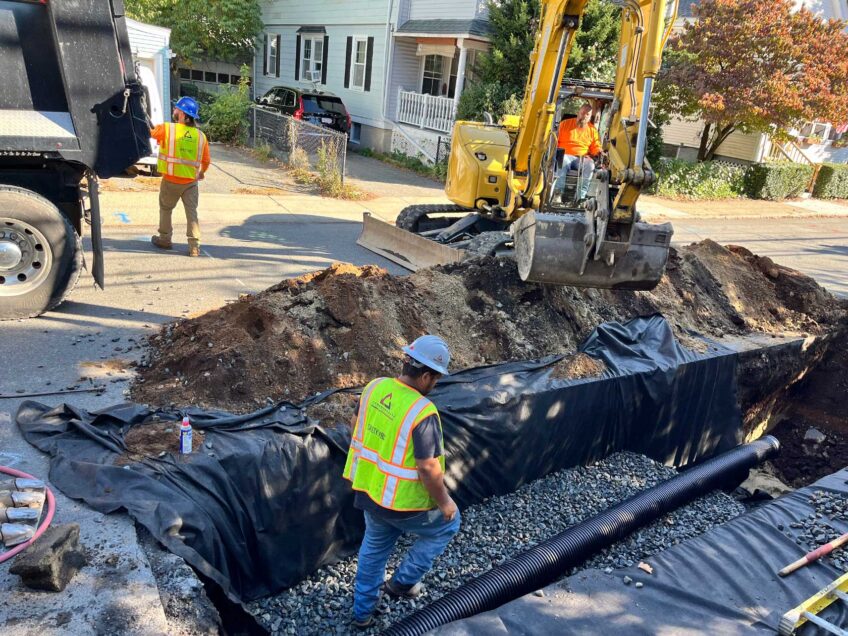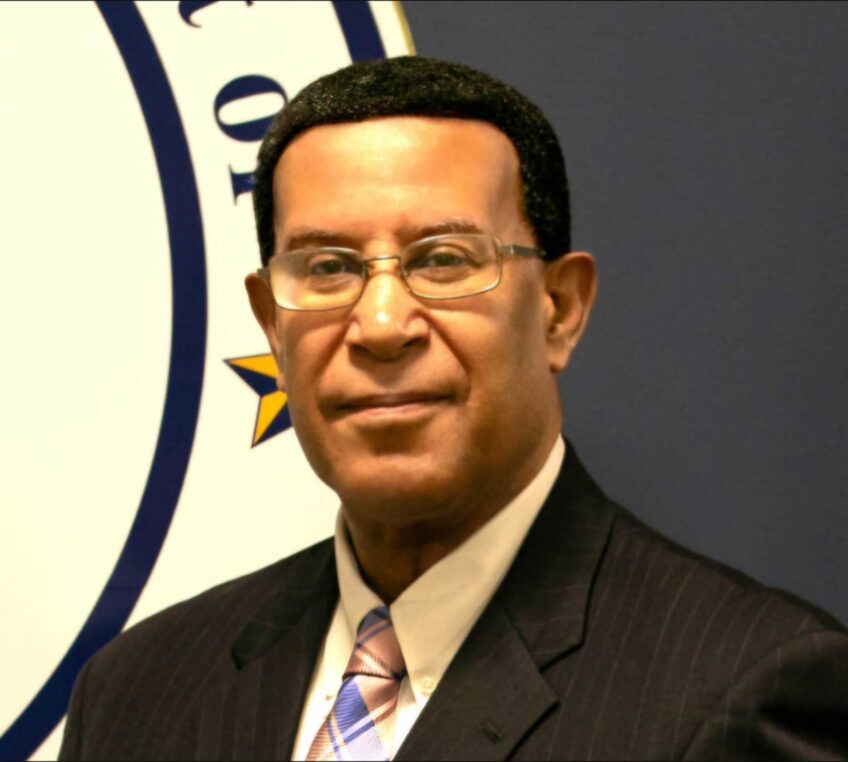
As parents, students and teachers confront the very real possibility that their elementary schools may change start times next fall by as much as two hours, forcing many more children as young as 4 years old to start school as early as 7:15 a.m., BPS has tried to justify the changes using equity and costs savings as excuses.
The parents and students working with the Boston Education Justice Alliance suggest BPS start with a different value to guide this discussion: respect for Boston’s students and families. We are appalled at the lack of transparency in this process, in which BPS officials resorted to an MIT algorithm to sort out changes that will have very real impacts on Boston families. For some parents, this would be an inconvenience. For others, this would be a severe hardship.
Superintendent Tommy Chang is correct in pointing out that a majority of parents supported later start times for high school students during meetings held earlier this year. But parents were not asked whether they would support earlier start times for elementary school students. The majority of parents favored start times after 8 a.m.
None of the parents who participated in the BPS meetings knew this process would result in an overall increase in the number of BPS schools starting at 7:30 or earlier. The rush from the Dec. 6 School Committee vote to change start times to the Dec. 7 announcement that nearly half all elementary students would be in schools with early start times demonstrates that BPS had no intention of listening to the concerns of parents, students or teachers. None of these stakeholders, whose lives are directly impacted by the changes, were ever given the opportunity to weigh in on what data went into the soul-less algorithm that has produced this calamity.
Now all parents have to go on are vague assurances that the department will work with schools and local organizations to support the expansion of afterschool programs. The department’s willingness to work with nonprofits that may or may not have the capacity to accommodate our children will do nothing to change the fact that for many families, especially those headed by single parents, a 7:15 start time and 1:15 end time will require young children to stay in school, and away from their families, for 11 hours and go to bed as early as 7 p.m. It simply won’t work.
Had there been fair and transparent process that had representation from all parents, including parents who need translation services, BPS may have received that feedback and avoided this computer-driven nightmare.
The lack of transparency in this process has deepened the mistrust many parents have for Tommy Chang, BPS and Mayor Walsh. The new start times appear to be setting BPS up for failure, and thus setting up our children for failure. Mayor Walsh has the ability to stop this. He will, if he truly cares for the health and wellbeing of our children and families.
BEJA recommends that the city place a moratorium on changing start times until BPS takes the following steps:
- Create a transparent process that is inclusive of the many different communities of Boston;
- Create a process that addresses after school and before school time in a way that has a clearly-articulated plan associated with additional staffing and times for this need;
- Address the ongoing lack of adequate funding for BPS as a consistent and ongoing real need.
If BPS were adequately funded, Superintendent Chang and Mayor Walsh would not need to save money on the backs of elementary students, their families and our teachers. Under the Walsh administration, we’ve seen two years of severe cuts to schools, the loss of yellow bus service for 7th and 8th graders and now this. If one positive thing comes out of this horribly mismanaged process, it should be a long-overdue discussion about how we fund our schools so that every student has an opportunity to succeed.
Ruby Reyes is the executive director of the Boston Education Justice Alliance.






